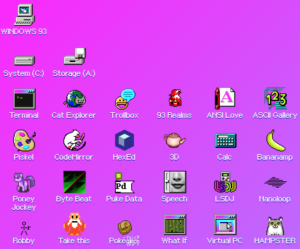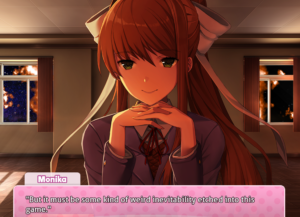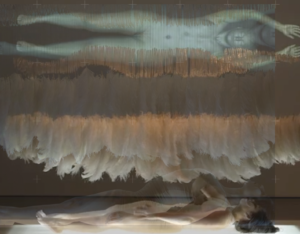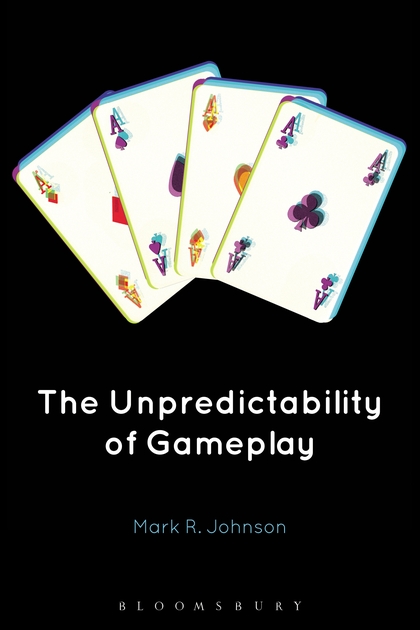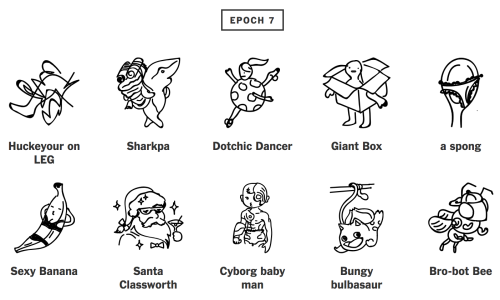Read my conference notes on Di GRA 2019 And Replaying Japan 2019 here. The two conferences were held back to back (with a shared keynote) in Kyoto at Ritsumeikan.
Kieji Amano deserves a lot of credit for putting together the largest Replaying Japan programme ever. The folks at the Ritsumeikan Center for Games Studies should also be thanked for organizing the facilities for both conferences. They have established themselves as leaders in Japan in the field.
I gave two papers:
- “The End of Pachinko” (given with Amano) looked at the decline of pachinko and traditional forms of gambling in the face of the legalization of casinos. It looked at different types of ends, like the ends of machines.
- “Work Culture in Early Japanese Game Development” (with Amano, Okabe, Ly and Whistance-Smith) used text analysis of Szczepaniak’ series of interviews, the Untold History of Japanese Game Developers, as a starting point to look at themes like stress and gender.
The quality of the papers in both conferences was very high. I expect this of DiGRA, but it was great to see that Replaying Japan, which is more inclusive, it getting better and better. I was particularly impressed by some of the papers by our Japanese colleagues like a paper delivered by Kobayashi on the “Early History of Hobbyist Production Filed of Video Games and its Effect on Game Industries in Japan.” This was rich with historical evidence. Another great one was “Researching AI technologies in 80’s Japanese Game Industry” delivered by Miyake who is involved in some very interesting preservation projects.
